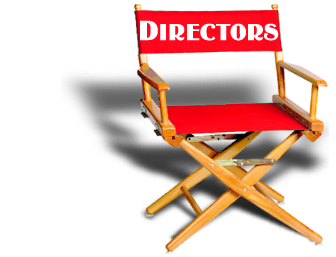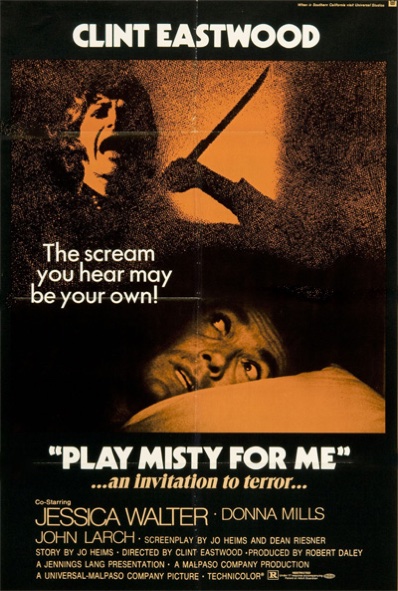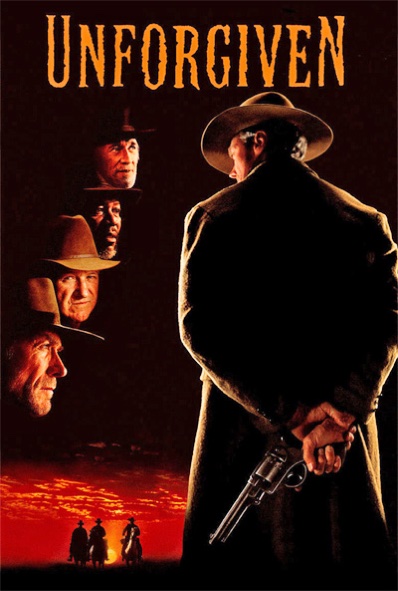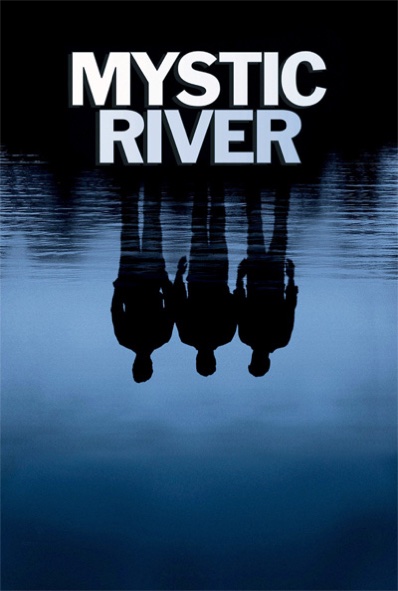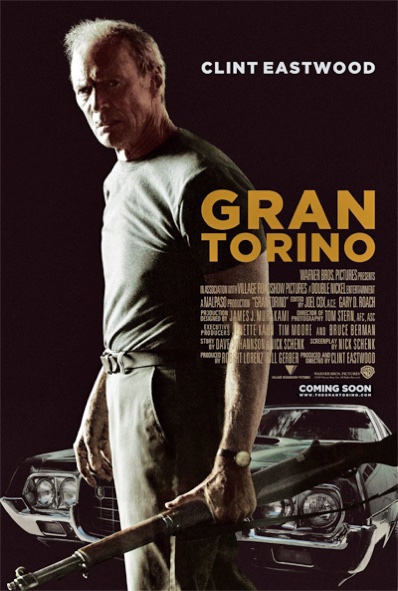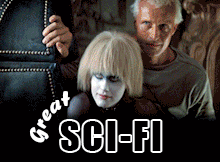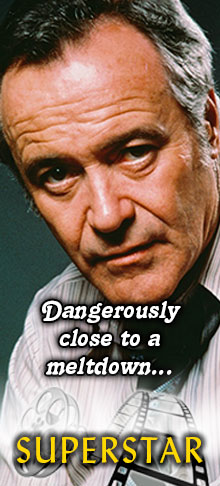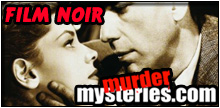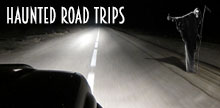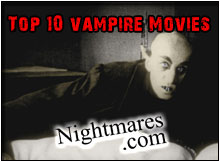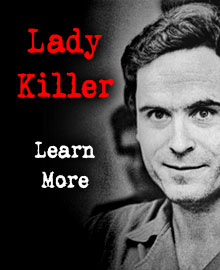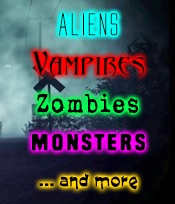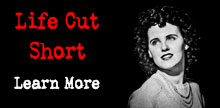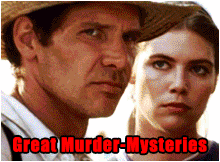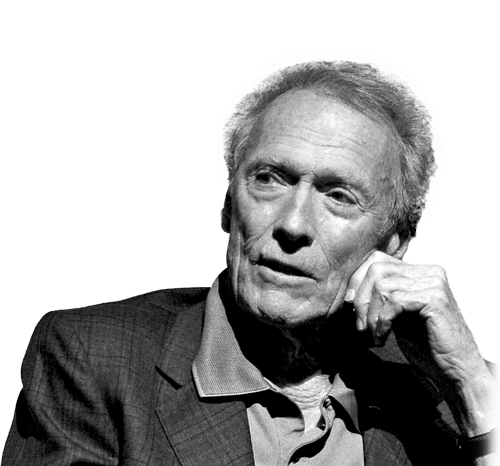
Clint Eastwood
Best known for his work in front of the camera — most notably as antihero cop Harry Callahan and in a string of “spaghetti” westerns, Eastwood the director has quite a different reputation — as a maker of tasteful, unadorned, highly naturalistic film journeys into morally-complex subjects.
Ever since he decided to head ‘em up and move ‘em out,” taking his Rowdy Yates in “Rawhide” to Italy to star in Sergio Leone’s “spaghetti western” trilogy, Clint Eastwood has been on the top-ten list of favorite American actors. That’s over fifty years. For over forty of those years, he’s also been one of the most invisible directors in the business.
A diligent student of Leone and particularly of Don Siegel, who directed him in “Dirty Harry,” “Escape from Alcatraz,” “Coogan’s Bluff” and “Two Mules for Sister Sara,” Eastwood is well-prepared and usually brings his shoots in early and way under budget. Director Eastwood is content to let actor Eastwood have all the glory; he doesn’t leave his fingerprints on the celluloid.
That business plan has worked well for both Eastwoods, too, as they trade star-driven sure-fire money-makers for the studio in exchange for independent, personal projects for themselves. Indeed, the legendary Universal mogul Lew Wasserman let Clint direct his first, “Play Misty for Me,” in 1971 if he gave up his actors salary.
It’s fitting that his directorial debut is a song title, as Eastwood is also a Golden Globe-nominated composer and musician, and has scored much of his films for more than twenty years. Besides the early effort with Honkytonk Man,” his first Golden Globe win was for the Charlie Bird Parker biopic Bird,” with Forest Whitaker.
For a guy who was once a moderate Democrat, Eastwood made more than his share of “revenge” Westerns, which can easily be interpolated into conservative manifestos. If that was ever the case, it ended with “Unforgiven” in 1992, one of only two or three Westerns to ever win Best Picture. Dedicated to Siegel, the film, if not the awards, prove the student surpassed the teacher.
In the ten years after “Unforgiven,” Eastwood directed seven films in a startling variety of genres, from the sappy “Bridges of Madison County” to the happy “Space Cowboys.”
Starting off his fourth decade of directing with the Oscar and Golden Globe-nominated “Mystic River,” Eastwood really hit his stride with another Best Picture, “Million Dollar Baby,” directing both Hilary Swank and Morgan Freeman to Oscar-winning performances. Actor Eastwood had to settle for an Oscar nomination, while director Eastwood and producer Eastwood each took home the prize.
Though they were only Oscar and Golden Globe nominees, respectively, his next two films, “Letters from Iwo Jima” and “Flags of Our Fathers” are historic in more ways than one. Shooting both sides of a famous World War II battle somehow doubles the anti-war ethos of a war movie. Given that Eastwood was schooled in a black and white, good guy-bad guy (ugly guy) mentality, this undertaking reveals much about his progress as an artist, depicting the enemy in an honorable, sympathetic and humanly revealing way.
His films since “Iwo Jima” are as remarkable in their variety as in anything else. What is driving the old guy is his ability to work on projects that interest him. Though “Invictus,” his marvelous true story about Nelson Mandela, was epic indeed, the smaller-focused “Gran Torino” seems to be his most critically acclaimed picture, and it can’t be because it’s the only one he’s starred in, too. Though “J. Edgar” was interesting, it was almost too epic: Hoover doesn’t wear well.
Eastwood compares his approach to film, and his success, to golf. He says you just have to play your own game and not worry about how the other guy is doing. In his case, he probably has to ignore the fact that it is his directing that gets the critical acclaim while his acting gets all the fans. However he works these two swings into his game, there is no question that he has more than his share of holes in one.
— Nate Lee
Memorable Quotes by Clint Eastwood
“[what he says after a take, instead of “Cut!”] That’s enough of that shit.”
“I like the libertarian view, which is to leave everyone alone. Even as a kid, I was annoyed by people who wanted to tell everyone how to live.”
“I love every aspect of the creation of motion pictures and I guess I am committed to it for life.”
“[on directing] Most people like the magic of having it take a long time and be difficult . . . but I like to move along, I like to keep the actors feeling like they’re going somewhere, I like the feeling of coming home after every day and feeling like you’ve done something and you’ve progressed somewhere.”
“At the studios, everybody’s into sequels or remakes or adaptations of old TV shows. I don’t know if it’s because of the corporate environment or they’re just out of ideas.”
“There’s a rebel lying deep in my soul. Anytime anybody tells me the trend is such and such, I go the opposite direction. I hate the idea of trends. I hate imitation; I have a reverence for individuality. I got where I am by coming off the wall. I’ve always considered myself too individualistic to be either right-wing or left-wing.”
Things You May Not Know About Clint Eastwood
He doesn’t use text messaging and prefers landlines when he talks on the phone.
He has no middle name.
Without taking any acting jobs, he earned $17 million for the period of a year ending in 2010: $6 million apiece for directing Invictus (2009) and Hereafter (2010), $4 million in DVD royalties for Gran Torino (2008), plus $1 million in royalties from earlier projects.
Was asked for permission about his name being used for Marty (Michael J. Fox) in Back to the Future Part III (1990). He consented and was said to be tickled by the homage.
In general, he wraps films early and uses the actors’ first takes. Most of his films are shot in the spring or summer and released around Christmastime.
He’s directed 11 different actors in Oscar-nominated performances: Gene Hackman, Meryl Streep, Sean Penn, Tim Robbins, Marcia Gay Harden, Hilary Swank, Morgan Freeman, Angelina Jolie, Matt Damon, Bradley Cooper, and himself (in Unforgiven (1992) and Million Dollar Baby (2004)). Hackman, Penn, Robbins, Freeman and Swank won Oscars for their performances in one of Eastwood’s movies.
Great Scenes:
- Hilary Swank knocking out her opponents… Hilary hitting the chair with her head
- The verbal sparring with Hilary and Clint and the talking to” that his pal Morgan Freeman gives to the reticent trainer, Clint, about accepting Hilary
- The hospital scene at the end
- The old guys training and their tricks to fool people into thinking they aren’t hurting
- Both Tommy Lee Jones and Clint’s own landings in the simulator and the real thing
- Fixing the satellite and the “Fly Me to the Moon” ending with Jones
INVICTUS
- Impressive is the smooth, powerful yet simple dialogue in the conversations between Morgan Freeman as Nelson Mandela and Matt Damon as the Springboks rugby captain, particularly when Mandela explains about the poem “Invictus”
- The speech defending the Springboks is impressive
- The final game against New Zealand
- Gene Hackman is especially engaging as the corrupt sheriff, brutally confronting Richard Harris as English Bob, and taking over his biographer, revealing the truth behind Western myths. Meanwhile, Eastwood pokes fun at Western mythology, including his own, as he practices shooting and misses, or the kid shoots a man in the outhouse
- The showdown between Hackman and Eastwood
- Discussion with the Kid about killing
- Clint bluffs his way out of the bar after the showdown
BEST WESTERNS:
- Unforgiven
- Bronco Billy
- The Outlaw Josey Wales
- High Plains Drifter
AWARD WINNERS:
- Bird
- Mystic River
- Million Dollar Baby
- Letters from Iwo Jima (nominated)
- Invictus (nominated)
Clint Eastwood’s directing credits include…
| Year | Movie |
|---|---|
| 1971 | Play Misty for Me |
| 1973 | High Plains Drifter |
| 1973 | Breezy |
| 1975 | The Eiger Sanction |
| 1976 | The Outlaw Josey Wales |
| 1977 | The Gauntlet |
| 1980 | Bronco Billy |
| 1982 | Firefox |
| 1982 | Honkytonk Man |
| 1983 | Sudden Impact |
| 1985 | Pale Rider |
| 1986 | Heartbreak Ridge |
| 1988 | Bird |
| 1990 | White Hunter Black Heart |
| 1990 | The Rookie |
| 1992 | Unforgiven |
| 1993 | A Perfect World |
| 1995 | The Bridges of Madison County |
| 1997 | Absolute Power |
| 1997 | Midnight in the Garden of Good and Evil |
| 1999 | True Crime |
| 2000 | Space Cowboys |
| 2002 | Blood Work |
| 2003 | Mystic River |
| 2004 | Million Dollar Baby |
| 2006 | Flags of Our Fathers |
| 2006 | Letters from Iwo Jima |
| 2008 | Changeling |
| 2008 | Gran Torino |
| 2009 | Invictus |
| 2010 | Hereafter |
| 2011 | J. Edgar |
| 2014 | Jersey Boys |
| 2014 | American Sniper |
| 2016 | Sully |
| 2018 | The 15:17 to Paris |
| 2018 | The Mule |
